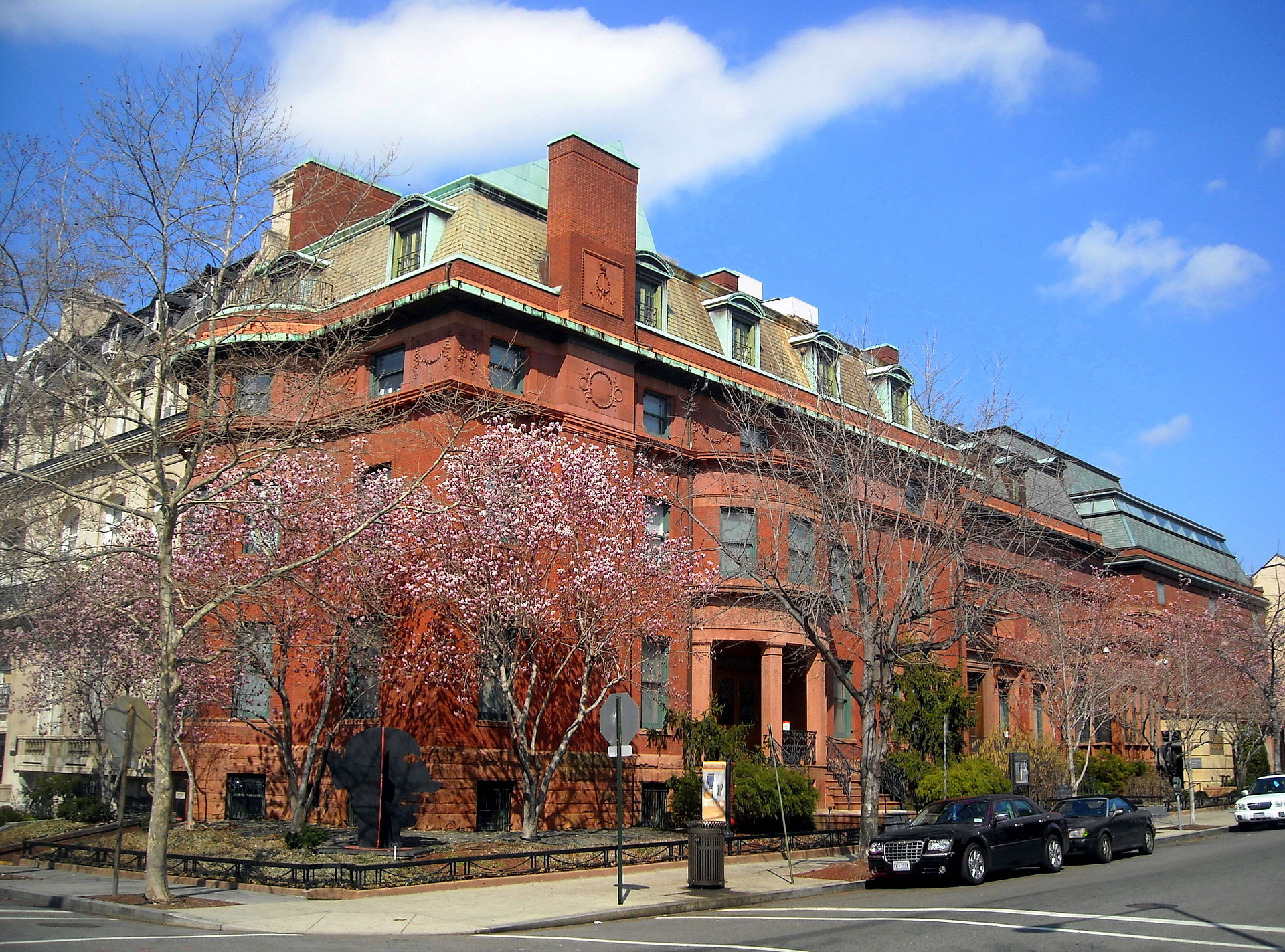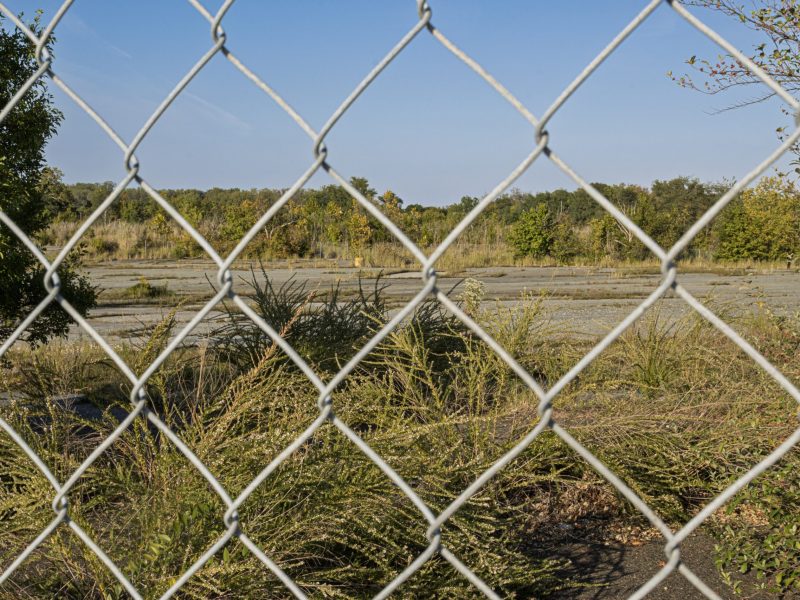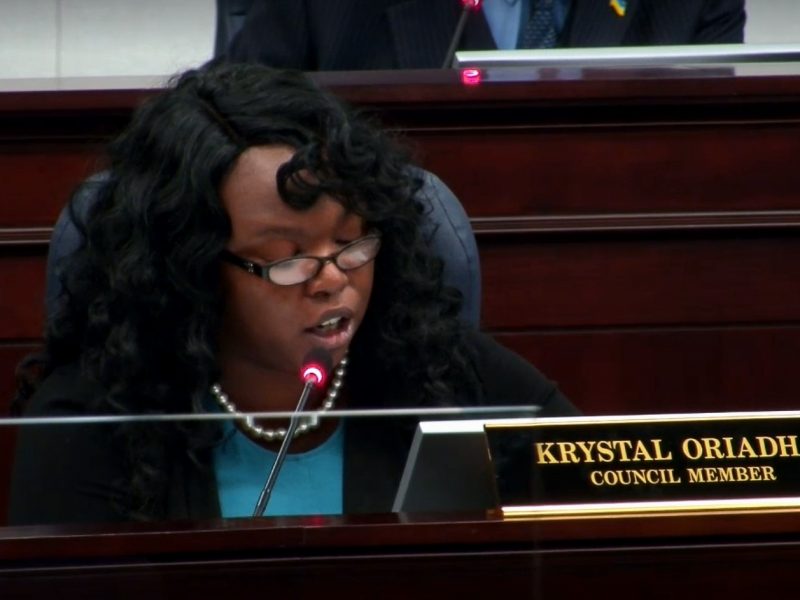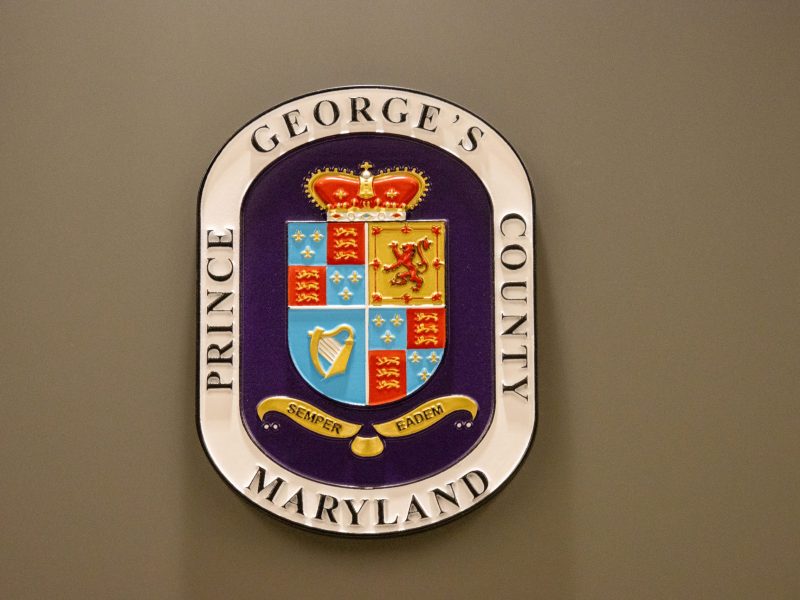A group of artists, art managers and a neuroscientist will meet Monday afternoon as a panel to discuss the impacts of technology on the arts sector to a sold-out theater of 180 audience members at The Phillips Collection in Washington, said Joseph Heitz, the external relations director for the DeVos Institute.
These panelists were selected because they offer a “great mix of perspectives [and] people who were thought leaders in their areas,” Heitz said.
This conversation is the first of four panels that are looking into these effects. The others will take place on Oct. 27, Nov. 15 and Dec. 9 in Providence, Rhode Island, New York City and Cambridge, Massachusetts, respectively, said Brett Egan, University of Maryland’s DeVos Institute president.
“Our attitudes as a culture about media have irrevocably shifted, and this is to explore … how art and culture can survive and thrive given a media environment as volatile and ever-changing as ours,” said Sydney Skybetter, a professor at Brown University who will help moderate two of the four events. The first debate centers on audience expectations and changes in expectations from technology, Egan said. The question directed toward the panel will ask whether it makes sense for artists approach audiences in the same way as they did in the past given the technology people use and the fact that our brains change over time in relationship to the environment, he added.
“We can consume astronomical amounts of entertainment,” Skybetter said. The first debate is intended to be a conversation about how “brain plasticity and the interfacing of internet connecting devices and our brains has changed our expectations.”
The second debate will focus on how the nature of public performance will adjust with the development of virtual reality. For example, when people can watch a play online, it is unclear if people will still travel to a theater and pay more to see it live.
The third debate will explore which institutions will be able to follow the trend of virtual reality and which will be lost by not adjusting to the technological advances, and the fourth debate will ask artists to respond to the previous three questions.
“The goal is to inspire managers of institutions and artists to think seriously about the challenges presented by the accelerating nature of interruption that is presented by technology in our field,” Egan said.
The four debates will culminate in the publication of a paper comprised of the questions, discussion from the questions and several essays from contributing writers, and it will likely be published in early 2017, Egan said.
“These conversations are ultimately about how the art sector comes to grips with perpetual change, and it’s easier said than done,” Skybetter said. “[These] debates [are] happening all over society, but this conversation by no means should stop here.”



